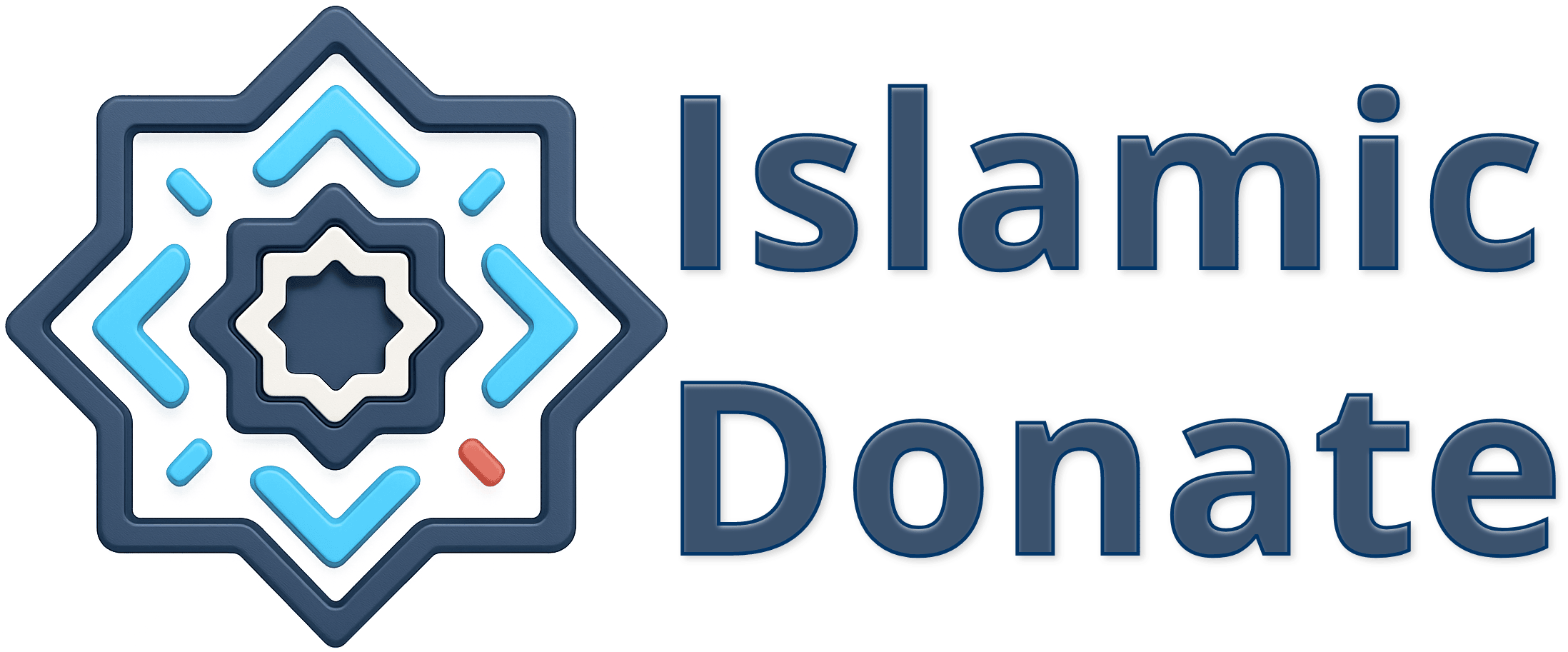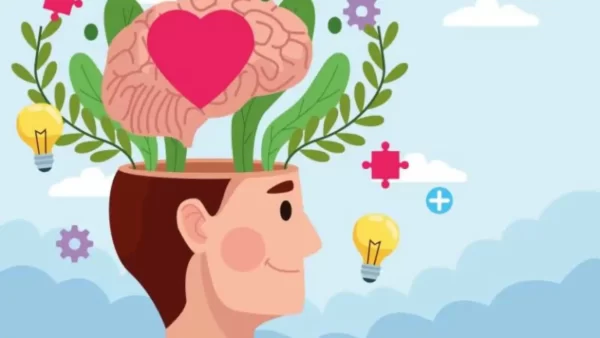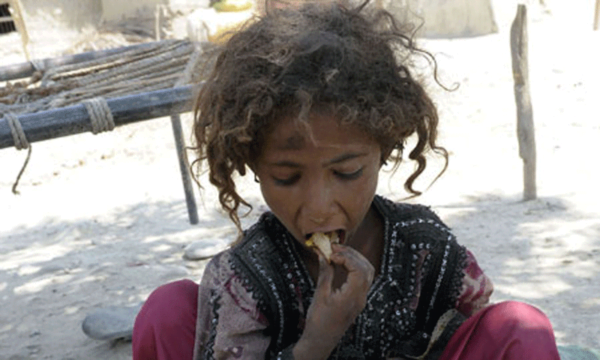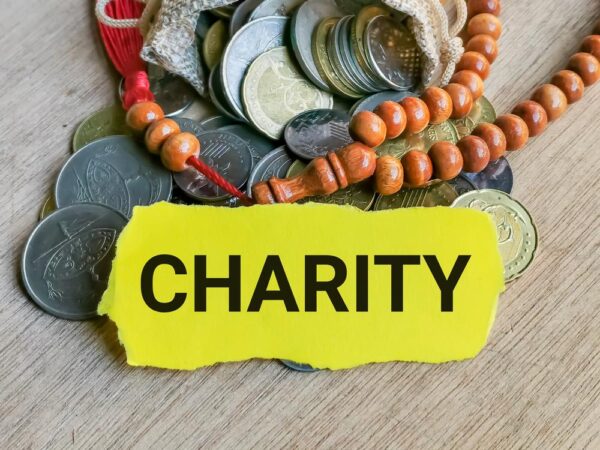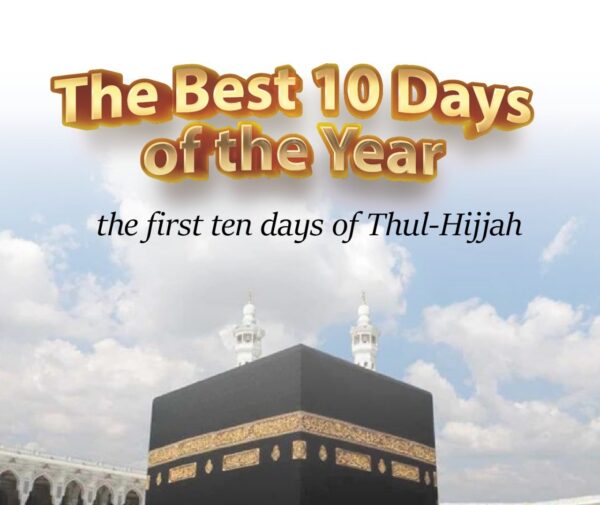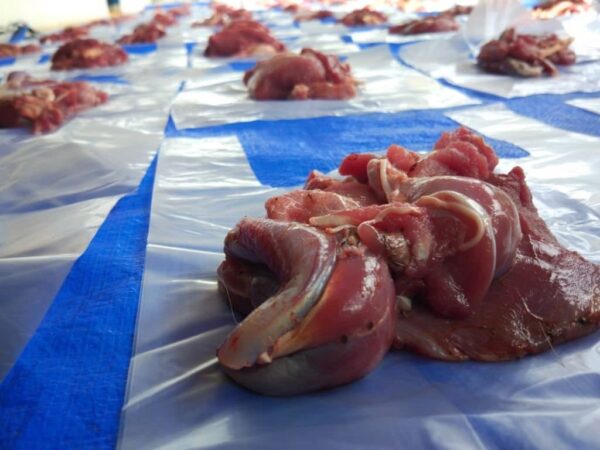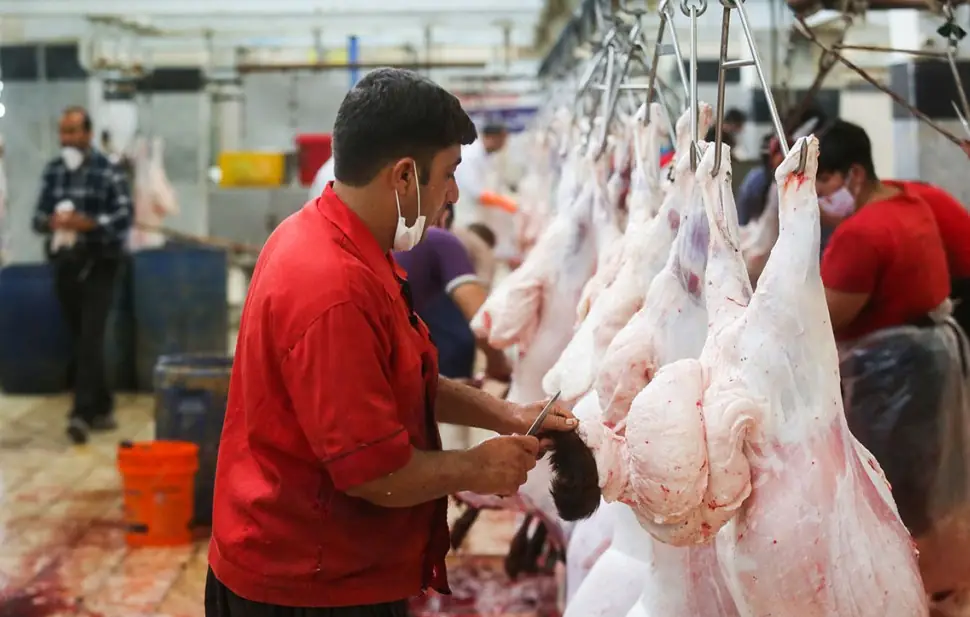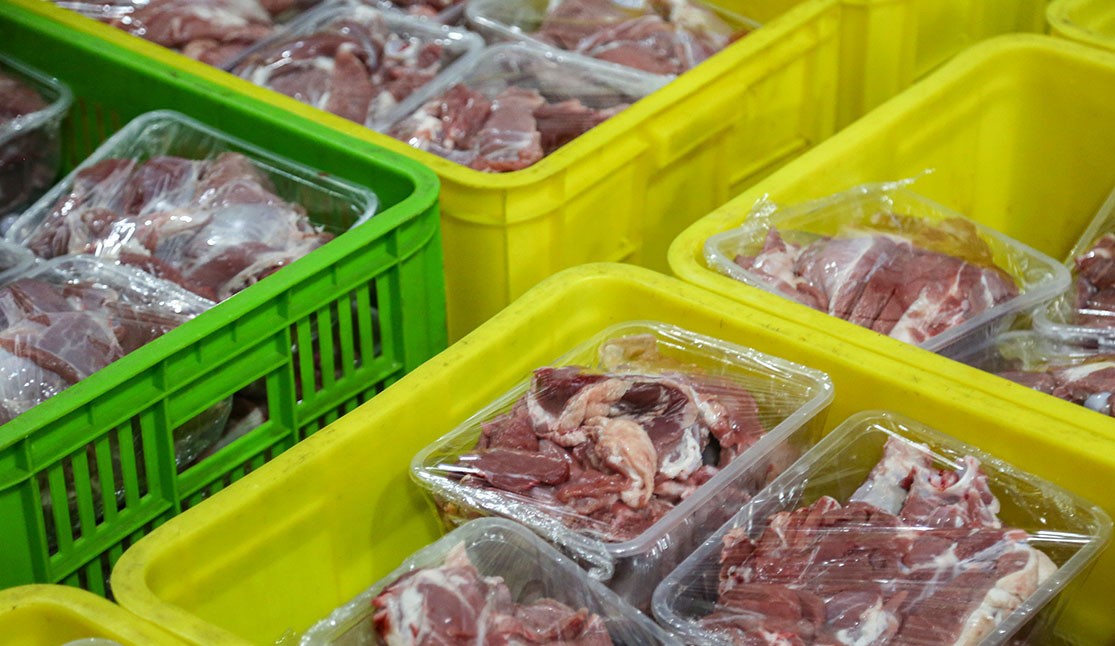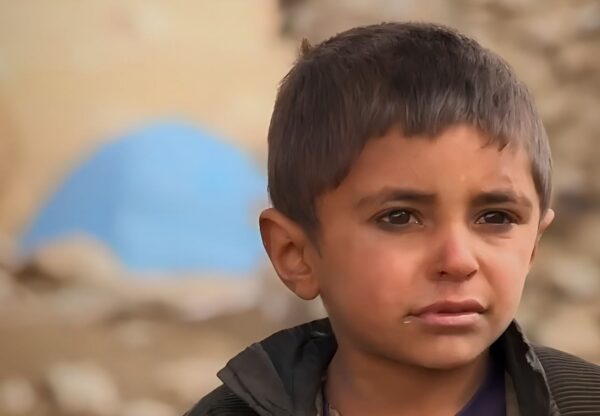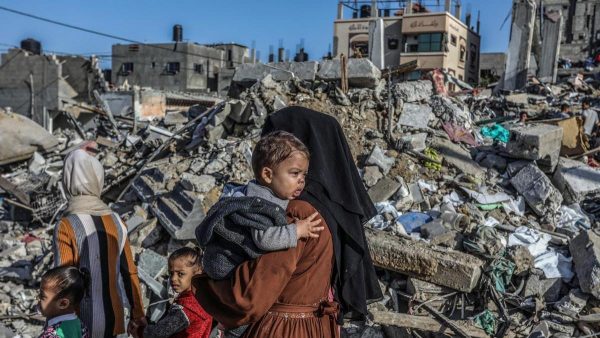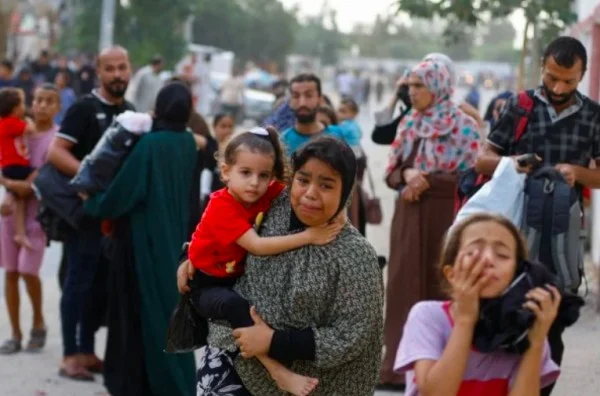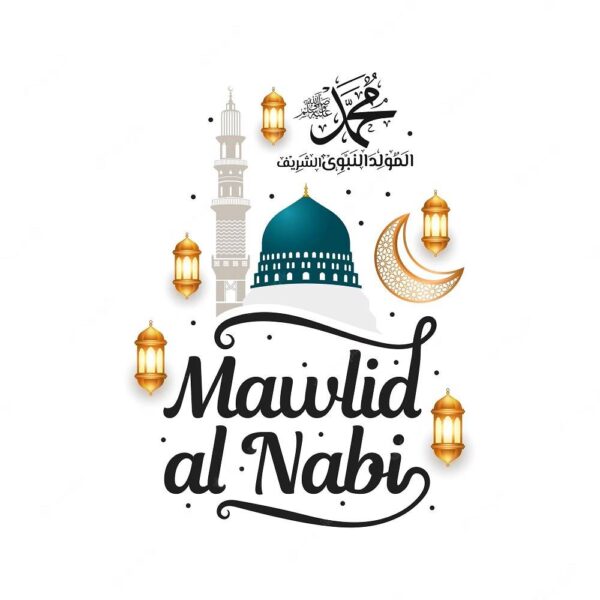It is often said that “giving is receiving,” a sentiment that resonates across cultures and religious beliefs. With this in mind, let’s delve into how and why the act of giving–be it a simple donation or the religious practice of Sadaqah in Islam–can impact our health positively.
The Healing Power of Generosity
The act of giving is akin to planting seeds of goodwill. These seeds not only result in a garden of joy for those who receive your generosity but also bloom into flowers of well-being within you. This is not just a poetic analogy but a reality backed by scientific research.
Studies have shown that the act of giving can stimulate the release of endorphins, often referred to as “feel-good” hormones. These chemicals in the brain create a sense of joy and happiness, which is sometimes referred to as the “helper’s high.” But the benefits of giving extend beyond momentary happiness.
The Ripple Effect of Sadaqah on Health
In the context of Islamic teachings, Sadaqah–voluntary acts of charity and kindness–holds a place of high esteem. It’s a practice that not only fulfills one’s spiritual obligations but also promotes a sense of community and empathy. But what’s fascinating is the ripple effect that Sadaqah can have on your health.
- Reduced Stress and Anxiety: When you give to others, your focus shifts away from your own challenges, leading to lower levels of stress and anxiety. This mental reprieve can improve your overall well-being and outlook on life.
- Improved Physical Health: Research suggests that people who engage in regular acts of kindness, such as giving, may have lower blood pressure and a longer lifespan. These physical health benefits are likely linked to the positive emotions and reduced stress levels associated with giving.
- Enhanced Self-esteem and Happiness: Giving can boost your self-esteem and sense of purpose. Knowing that your actions are making a difference in others’ lives can lead to enhanced self-worth and overall happiness.
Why Donate to Our Islamic Charity
At Our Islamic Charity, we provide a platform for you to experience the health benefits of giving. When you donate, you’re not only helping us provide aid to those in need, but you’re also investing in your own physical and mental health.
Your donation, your act of Sadaqah, initiates a ripple effect–your generosity aids those in need, and the act of giving benefits your health and happiness. It’s a cycle of positivity and well-being that starts with you.
Embrace the Joy of Giving
To reap the health benefits of giving, you don’t need to make grand gestures. Even small acts of kindness can make a big difference. Remember, in the realm of Sadaqah, it’s not the size of the donation that counts, but the sincerity and goodwill behind it.
In conclusion, giving and Sadaqah are much more than moral or religious obligations–they are pathways to better health and happiness. When you give, it’s akin to planting a seed of kindness that blooms into a flower of well-being within you. So, let’s embrace the joy of giving and the healthful benefits it brings, for in every act of generosity, we sow the seeds of a healthier, happier life.

